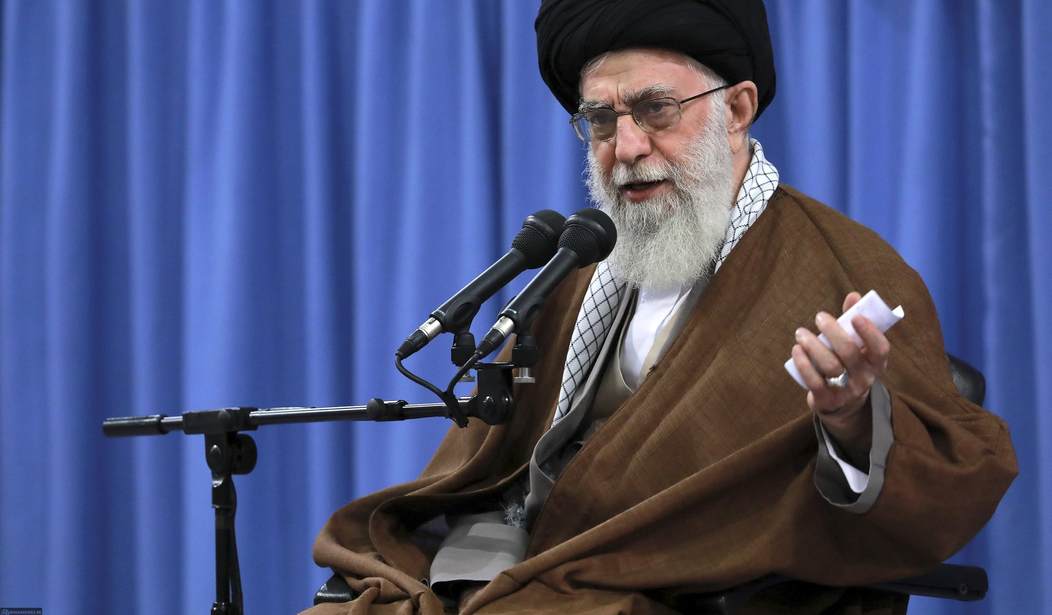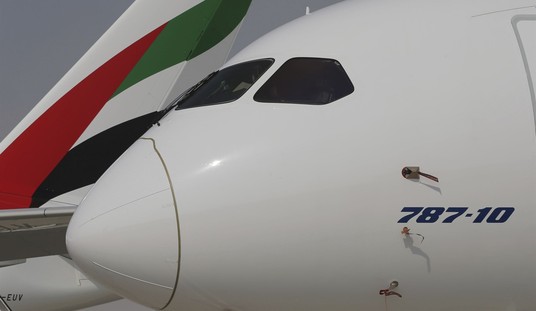Here’s another print interview, this one with Jamie Glazov at FrontPage.
FP: Michael J. Totten, welcome to Frontpage Interview.
What inspired you to write this book?
Totten: I decided to go to the Middle East after the terrorist attacks on September 11 to see for myself what on earth was going on over there—and to write about it, of course—and this book is the result.
FP: What is this book about, and what’s the main argument?
Totten: It’s a first-person narrative account of revolution, terrorism, and war, and it takes place in Lebanon and Israel.
I’ve been to Iraq seven times, and I covered the war there while I was simultaneously covering Lebanon and Israel, but I think the subject matter in this book will be more relevant and important in the future than anything that happened in Iraq. The Lebanese-Israeli border area—where the famous Fatima Gate of my title is located—is effectively the front line in the Arab-Israeli conflict, the Iranian-Israeli conflict, and the conflict between Iran and the West in general.
I wrote this book as much as I could like a novel because I want to bring the Middle East, it’s people, and the issues we care about as vividly into focus as possible for Americans and Europeans who will never go there. I’m as tired as everyone else of the dribs and drabs of sometimes bogus information we get from often sensationalist and biased media reports, and I hope to counter that with a long work that is as entertaining as it is informative.
FP: Tell us about your residence in Beirut. When were you there, and what did you see and experience?
Totten: I first visited Lebanon during the Cedar Revolution when more than a million people in a country of only four million turned out in the streets and screamed that they weren’t going to put up with the tyrant of Damascus anymore. The Syrian soldiers and intelligence agents left before I did. This was in the spring of 2005.
I only stayed for a month on that first visit, but I fell in love with Beirut almost instantly.
The city is a heavily Frenchified Riviera on the Eastern Mediterranean, and it has more in common culturally with Tel Aviv, actually, than it does with other Arab cities. I knew the place was going to call to me after I returned home, and it did.
Because I work as a foreign correspondent, the more time I can spend in the region the better. And Lebanon was far and away the best place to be in the Arab world at that time. No other place even came close. Iraq was on fire, Jordan is dull, Egypt was and is a disaster. Tunisia is a wonderful place, but it’s too far away from everywhere else, and nothing even remotely interesting was happening there at the time.
Beirut looked and felt like Berlin in 1989. It was the place to be. So I returned a few months later, at the end of the summer, and rented an apartment in a Sunni Muslim neighborhood near the American University, and I stayed until the spring of 2006, just before the big war between Israel and Hezbollah. I was in Iraq when it broke out, but I returned to cover it from the Israeli side of the border. Lebanon’s airport was closed—the runways had been bombed—so I had to cover the war from the Israeli side whether I wanted to or not.
I can’t say I was surprised by that war. Military officers in both countries told me something huge and terrible was going to happen. I had also explored the Hezbollah-controlled part of Lebanon, which begins immediately outside Beirut in the southern suburbs and resumes in the border area. While Beirut proper is a fantastic Mediterranean tourist destination, the Hezbollah-ruled part of Lebanon is basically an Iranian satellite state inside the country. “Martyrs” killed in battle with Israel are glorified on posters that hang from the lampposts. Billboards show the faces of Iran’s dead tyrant Ayatollah Khomeini and its current Supreme Guide Ali Khamenei. I’ve never seen so much warmongering propaganda in my life as I’ve seen in Hezbollahland. There is a real struggle in Lebanon between a culture of life and a culture of death, and it’s tearing the country apart at the seams.








Join the conversation as a VIP Member